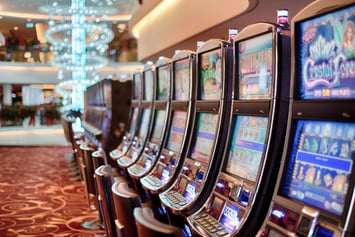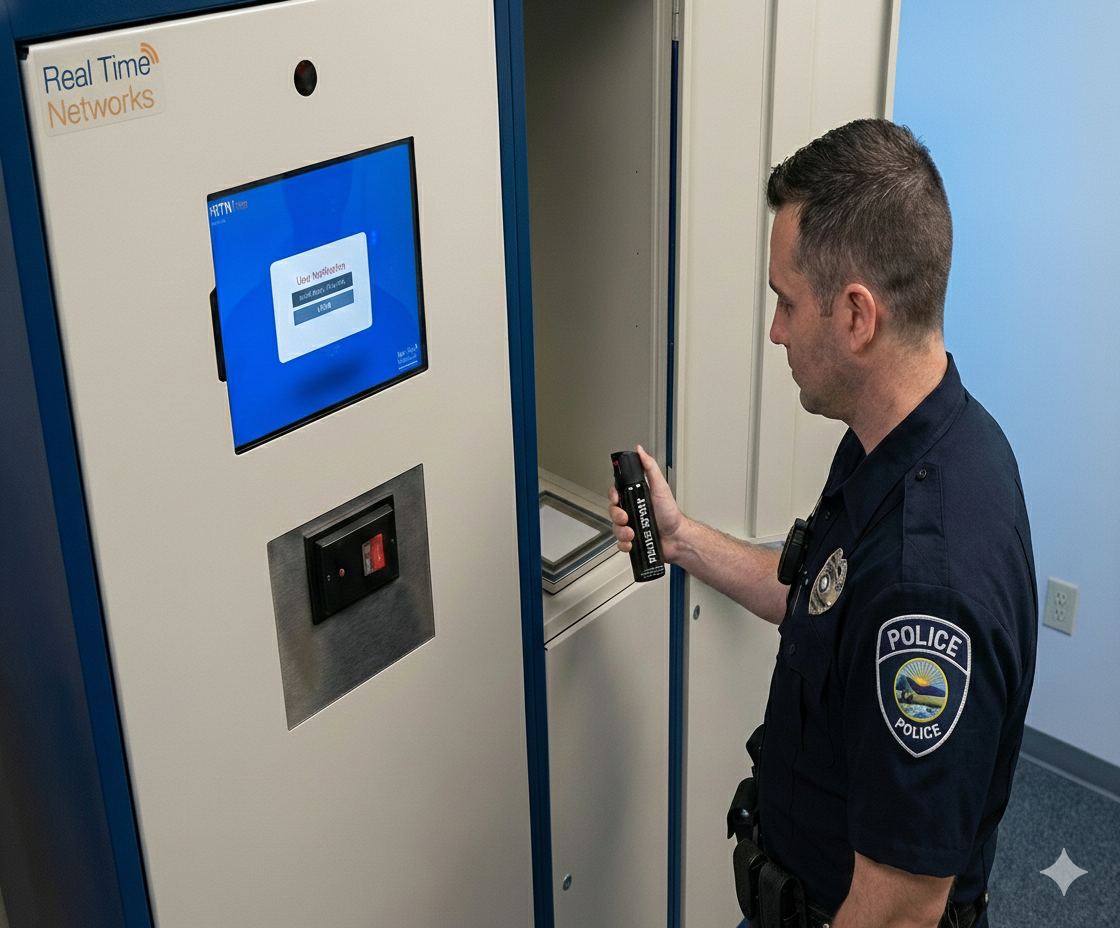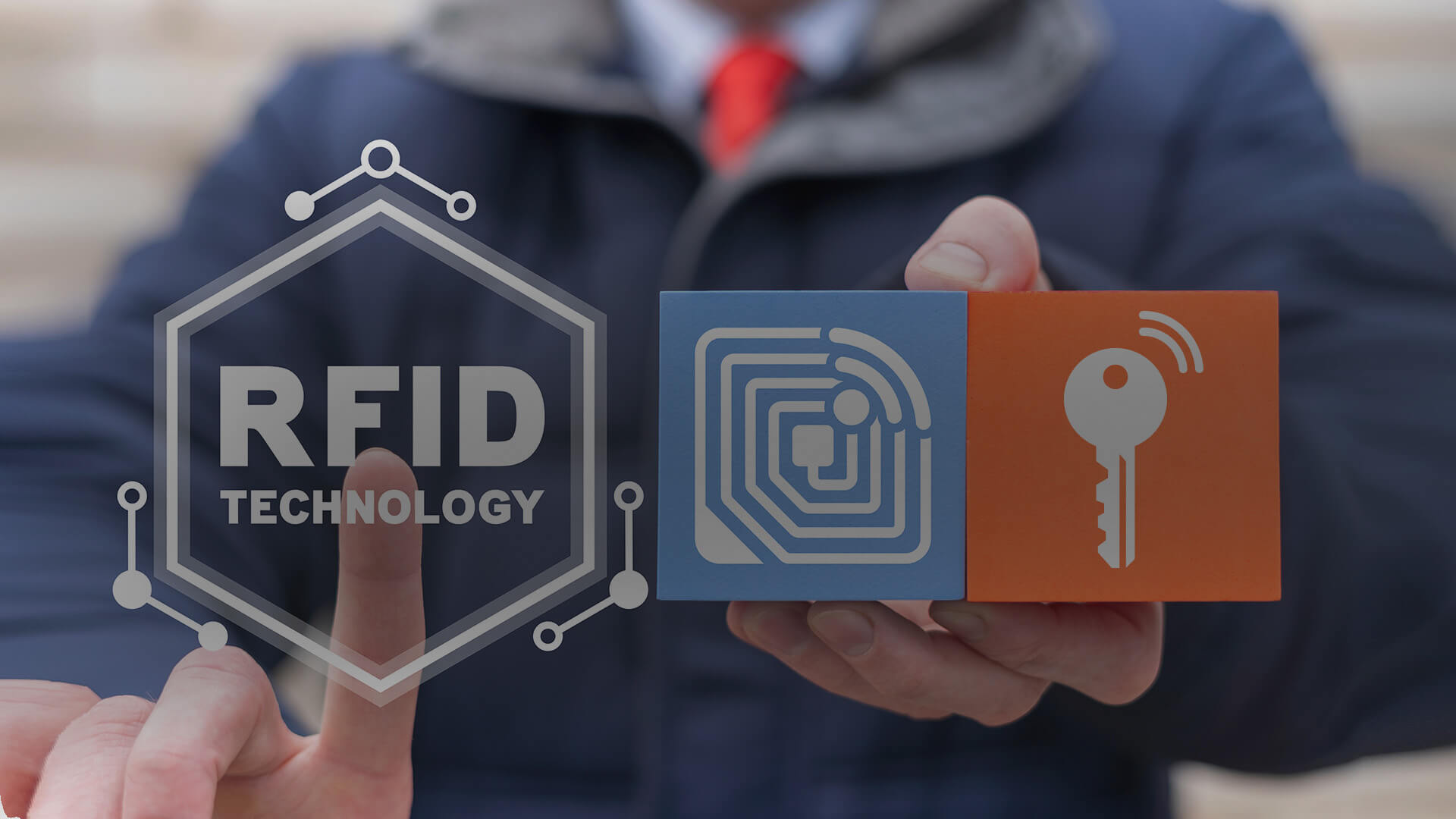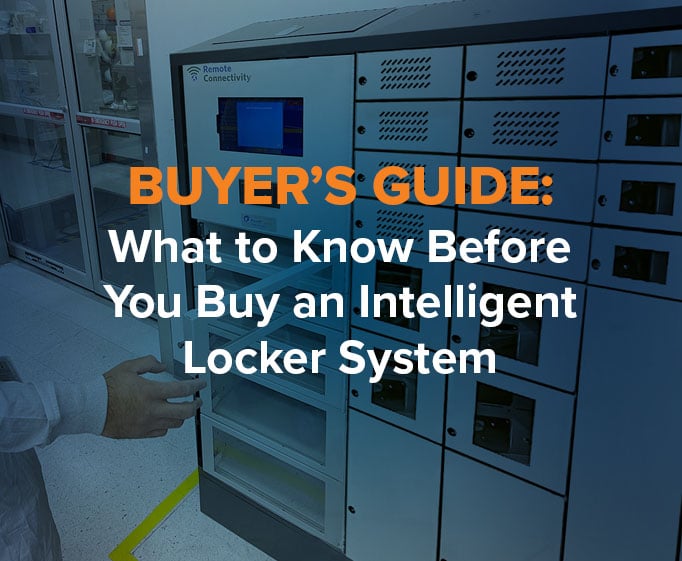By Jay Palter | June 16, 2025
Casino security and compliance depend heavily on effective key management. In regulated gaming environments, keys serve as physical tokens granting access to vaults, count rooms, surveillance areas, and IT infrastructure. Lapses in managing these access points can result not only in theft or internal misconduct but also in serious regulatory breaches, particularly under frameworks like the Nevada Gaming Control Board regulations or tribal casino oversight (Like the National Indian Gaming Commission (NIGC) or the Cherokee Nation Gaming Commission.
- Understanding Casino Security Risks
- Compliance Standards and Regulatory Requirements
- How Casino Key Tracking Systems Work
- Benefits of Implementing a Casino Key Tracking System
- Case Study: Ameristar Casino Hotel Enhances Security
- Selecting the Right Casino Key Tracking System
- Smart Technology Trends Shaping Casino Security
- Securing the Future of Casino Operations
- Frequently Asked Questions About Casino Key Management (FAQ)
Research from the Association of Certified Fraud Examiners (ACFE) shows that lack of internal controls is a contributing factor in nearly 30% of occupational fraud cases. In an industry dealing with large cash volumes and tight compliance requirements, key control is one of the simplest and most overlooked safeguards casinos can strengthen.
Understanding Casino Security Risks
Casinos are high-risk environments, managing millions in assets daily. Vulnerable areas include drop boxes, cage storage, server rooms, and security offices. Misplaced keys or unauthorized use can lead to theft, tampering with surveillance, or breaches in gaming machine integrity.
Real-world incidents have shown that stolen or duplicated keys were involved in both insider theft and external attacks. These incidents are not anomalies—they're systemic vulnerabilities tied to poor accountability.
Unlike digital credentials, physical keys can’t be revoked instantly. That’s why tracking is essential—it bridges the gap between physical security and operational oversight.
Compliance Standards and Regulatory Requirements
Casino regulators enforce some of the most stringent access control requirements in any industry. MICS and GLI-33 specifically require casinos to document key custody and track access to sensitive gaming areas. According to the National Indian Gaming Commission and other regulatory bodies, failure to maintain these logs may lead to fines, suspension of licenses, or revocation.
Key tracking systems automate:
- Logging who took each key and when
- Flagging overdue returns or abnormal usage
- Generating historical access reports for auditors
UNLV’s gaming publications, such as their Occasional Paper Series, reinforce the importance of internal controls and proactive compliance in casino operations. For casinos, being able to produce verifiable key access reports within minutes is more than a best practice—it’s a license-protecting necessity.
How Casino Key Tracking Systems Work
Casino-grade key tracking systems integrate smart cabinets, RFID tagging, biometric or badge-based authentication, and real-time software dashboards. The process typically works as follows:
01
Authorized staff present ID at the terminal to unlock a specific key.
02
The system logs this access, noting user, timestamp, and key number.
03
If the key is not returned on time or if it is accessed outside of designated hours, alerts are sent to security teams.
Advanced systems integrate with video surveillance and access control databases to cross-reference who was near secured areas during key withdrawals, giving supervisors full forensic visibility.
These systems eliminate paper logs and the human error that comes with them, replacing them with consistent, audit-ready digital records.
Benefits of Implementing a Casino Key Tracking System
Beyond regulatory compliance, key tracking systems offer clear operational and financial returns. Casinos using electronic key control report:
- 50–70% reductions in internal loss incidents involving keys
- Shorter investigation times due to detailed access logs
- Increased staff accountability and process adherence
Over time, data from these systems can be used to optimize staffing, analyze usage trends, and detect irregular behaviors that might indicate fraud or procedural violations. These systems also enhance employee trust, as they demonstrate fairness and transparency in access control policies.
Learn More: This is Why RFID Key Control is the Best Solution for Casino Security
Prevent Keys from Leaving Secured Areas
Enhance your security setup with automatic alerts when keys approach unauthorized exits—before they leave the building.
Explore our Key Exit Alarm System
Case Study:
Ameristar Casino Hotel Enhances Security
Before implementation, Ameristar Casino Hotel faced operational delays and security risks from manually tracked keys. With the new system in place, they:
- Reduced lost key incidents to near-zero within six months
- Enabled security staff to respond to alerts in real time
- Decreased audit prep time by 75% using built-in reporting tools
What made the solution effective was its ease of use and integration with their broader access control infrastructure. The system now supports seamless daily operations and enforces accountability at every level.


Selecting the Right Casino Key Tracking System
The right system must be purpose-built for high-security, regulated environments. Key selection criteria should include:
- Compatibility with surveillance and access control systems (e.g., Genetec, Avigilon)
- Support for audit logs, alerts, and custom access rules
- Scalability to manage hundreds of keys and users without loss in speed
Prospective buyers should also assess customer support, ease of training, and vendor reputation in the casino space. Systems should offer APIs or native integrations to avoid creating data silos.
Smart Technology Trends Shaping Casino Security
Smart security isn’t about isolated tools—it’s about interconnected intelligence. Casinos adopting emerging technology gain competitive and regulatory advantages through:
- AI-Powered Anomaly Detection: AI algorithms can learn from past key access patterns and flag outlier behavior.
- IoT Integration: IoT-enabled cabinets and locks provide real-time condition monitoring and control.
These aren’t future hypotheticals—they’re active areas of innovation.
Securing the Future of Casino Operations
Key tracking is a strategic investment in operational resilience, not just a compliance checkbox. With rising expectations from regulators and patrons alike, casinos must move toward proactive, data-driven security. Systems that offer visibility, automation, and intelligence empower staff to operate confidently—and keep assets safe.
A modern key tracking system pays for itself not just in risk reduction, but in operational insight and audit readiness. The earlier a casino modernizes this critical layer of infrastructure, the sooner it will see improvements in compliance, staff productivity, and peace of mind.
See Casino Key Control in Action
Discover how our intelligent key tracking system protects assets, simplifies audits, and keeps your casino compliant.
Frequently Asked Questions About Casino Key Management (FAQ)
If you're exploring whether a key tracking system is the right investment for your casino or simply want to understand how these systems support compliance and operations, this FAQ section is a valuable resource. It compiles the most common questions asked by casino operators, security professionals, and compliance officers—along with clear, informative answers designed to help you make informed decisions quickly.
Is key tracking more important in casinos than in other industries?
Casino environments are high-stakes and tightly regulated. Unlike many other industries, casinos manage large volumes of physical cash and sensitive infrastructure across multiple restricted zones. Because these areas are critical to operations and directly tied to regulatory audits, losing track of physical keys creates serious risk not just of theft but also of non-compliance.
What happens if a casino fails to track keys properly?
Failing to track keys can lead to undetected theft, failed compliance audits, large fines, and even license suspension. A lost key to a count room or surveillance hub, if not promptly traced or responded to, could compromise the integrity of gaming operations.
What areas in a casino are most at risk without key control?
Areas like surveillance rooms, vaults, IT infrastructure, slot machine panels, and high-limit gaming floors are especially vulnerable. These zones handle either sensitive data, large cash flows, or direct gaming controls.
Can poor key tracking lead to legal consequences in a casino?
Yes. Inadequate key tracking can violate MICS or state-specific casino regulations. If a breach occurs and logs cannot confirm who accessed a location, regulators may consider the casino to be in non-compliance, which can result in fines or license reviews.
What compliance standards govern casino key tracking?
Minimum Internal Control Standards (MICS), Gaming Laboratories International’s GLI-33, and state or tribal-specific gaming regulations all require casinos to track and document access to restricted areas.
How do auditors evaluate key tracking systems in casinos?
Auditors assess if the casino has automated, tamper-proof systems capable of producing complete access records. They verify the integrity, completeness, and timeliness of access logs and cross-check records with surveillance and HR data.
How does a key tracking system detect unauthorized access in a casino?
The system monitors user credentials, access schedules, and key return status. If a key is taken outside of an approved shift or not returned within the specified window, it triggers automated alerts.
What technology is involved in smart casino key tracking?
Smart tracking systems use RFID, badge authentication, biometrics, secure enclosures, cloud-based monitoring, and integration with access control and surveillance systems.
What are the measurable ROI benefits of a key tracking system for a casino?
ROI comes from reduced losses, fewer fines, and more efficient labor. Casinos often recoup investment within the first year through audit prep time savings and decreased theft-related investigations.
Can key tracking systems improve employee accountability in casinos?
Yes. When staff know their key access is logged and monitored, misuse drops, and compliance with protocols improves. It also protects innocent staff by providing clear proof of activity.
What prompted Ameristar to upgrade their key control system?
Provide clear policies, conduct regular training sessions on theft prevention, and explain the role of asset tracking systems in maintaining accountability.
What are the most impactful results post-implementation for a key management system in a casino?
Dramatic improvement in audit response time, reduction in lost keys, and increased confidence from security and operations teams.
How do I evaluate the best key tracking system for a large casino?
Look for systems with proven deployments in similar casino environments, strong support teams, and documentation of regulatory alignment. Also, verify integration capacity with your access control and surveillance tools.
Are cloud-based systems secure enough for casino use?
Yes—provided they use encryption, role-based access controls, and meet standards like SOC 2 or ISO 27001. Many casinos opt for hybrid deployments to retain sensitive logs on-premises while leveraging cloud analytics.
Are AI-based systems reliable for predicting security risks in casinos?
While still emerging, AI-based systems trained on large access datasets are effective at identifying suspicious usage patterns and minimizing false positives in casinos. They enhance, not replace, human oversight.
What’s the first step in upgrading our casino key tracking infrastructure?
Conduct a key control audit, identify gaps in access logging and reporting, and evaluate systems designed specifically for casinos.
How do I justify the investment on a key management system to upper management?
Present ROI metrics: reductions in theft, improved compliance scores, audit prep time savings, and mitigation of high-cost incidents tied to unauthorized access.
Subscribe to our blog

Jay Palter
Vice President of Marketing & Partnerships




